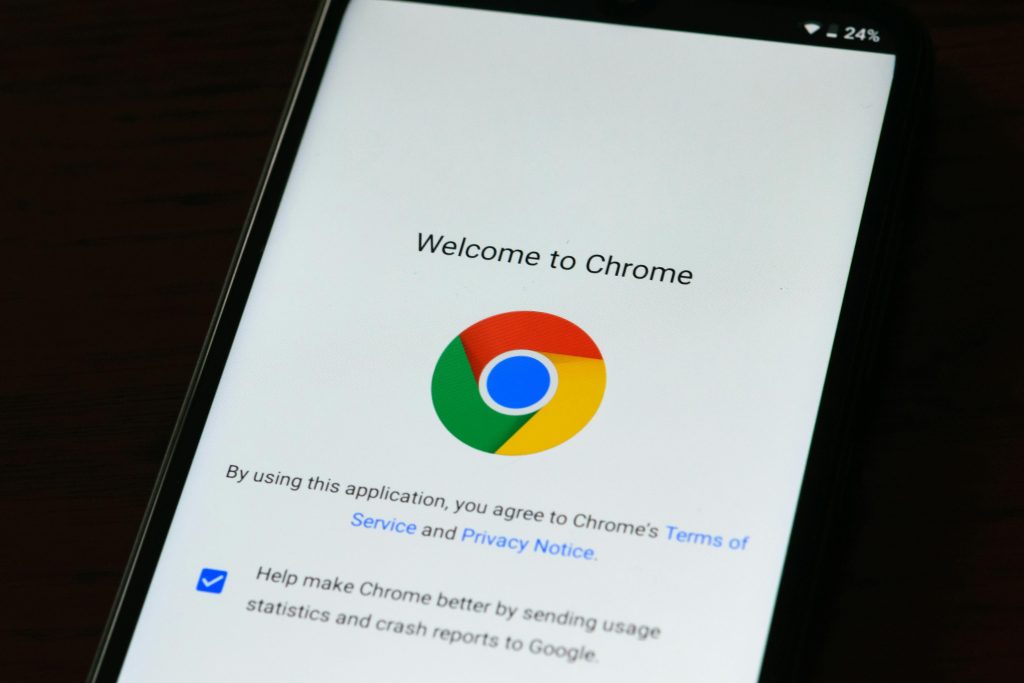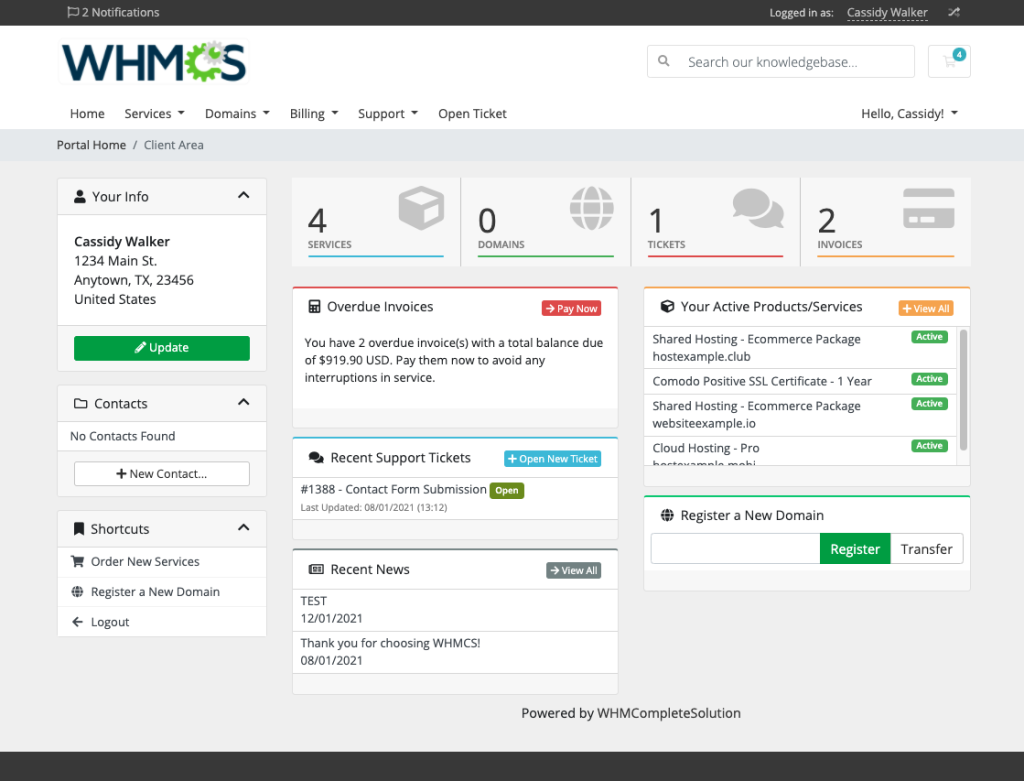

Why Your Website Needs A Privacy Policy & How To Get One For Free
Navigating Privacy: A Website’s Essential Guide to Compliance
A privacy policy is a statement or legal document (in privacy law) that discloses some or all of the ways a party gathers, uses, discloses, and manages a customer or client’s data.
In an era where digital footprints are omnipresent, safeguarding user privacy has become paramount. This blog explores the critical importance of implementing privacy policies on websites and navigating the complex landscape of data protection laws. Specifically, we’ll delve into compliance with the California Consumer Privacy Act (CCPA + CPRA), California Online Privacy Protection Act (CalOPPA), General Data Protection Regulation (GDPR), and adherence to privacy standards on prominent platforms like Google Play, Apple Store, Google AdSense, Google AdWords (Ads), and Google Analytics.
Why Privacy Matters for Websites:
1. Trust Building: User trust is the cornerstone of successful online interactions. A clear and transparent privacy policy fosters trust, assuring visitors that their data is handled responsibly.
2. Legal Compliance: Adhering to privacy laws is not just good practice; it’s often a legal requirement. Non-compliance can result in severe consequences, including fines and reputational damage.
3. User Empowerment: Providing users with control over their personal data empowers them and aligns with ethical data handling practices. Respecting user preferences enhances the overall user experience.
Navigating Key Privacy Laws:
1. California Consumer Privacy Act (CCPA + CPRA): Understand the provisions of the CCPA and CPRA to ensure compliance. Implement mechanisms for users to access, delete, or opt-out of the sale of their personal information.
2. California Online Privacy Protection Act (CalOPPA): Comply with CalOPPA by conspicuously displaying a privacy policy on your website. Clearly outline the types of information collected and how users can control their privacy settings.
3. General Data Protection Regulation (GDPR): For websites serving European users, GDPR compliance is essential. Obtain explicit consent for data processing, offer opt-out choices, and appoint a Data Protection Officer if necessary.
Privacy on Prominent Platforms:
1. Google Play and Apple Store: Ensure that your mobile applications on Google Play and Apple Store have clear and accessible privacy policies. Detail how user data is collected, used, and secured.
2. Google AdSense and AdWords (Ads): Adhere to Google’s advertising policies when using AdSense and AdWords. Maintain transparency about ad tracking and provide users with options to manage ad personalization settings.
3. Google Analytics: Implement anonymization features in Google Analytics to protect user identities. Clearly inform users about analytics tracking in your privacy policy.
Conclusion:
In the evolving digital landscape, prioritizing user privacy is not just a legal obligation but a commitment to ethical and responsible online practices. By understanding and implementing privacy measures, websites can not only comply with laws but also build trust, enhance user experiences, and contribute to a safer online environment.

5th Planet Dezign
Business Blog
We are 5th Planet Dezign, A business solutions agency ready to help you with all your business, tech, and financial needs.
5th Planet Dezign
LET US BUILD IT FOR YOU
It All Starts With A Domain
It’s more than just a name; it’s the key to building credibility, trust, and recognition. A carefully chosen domain name is the foundation of your online success.















